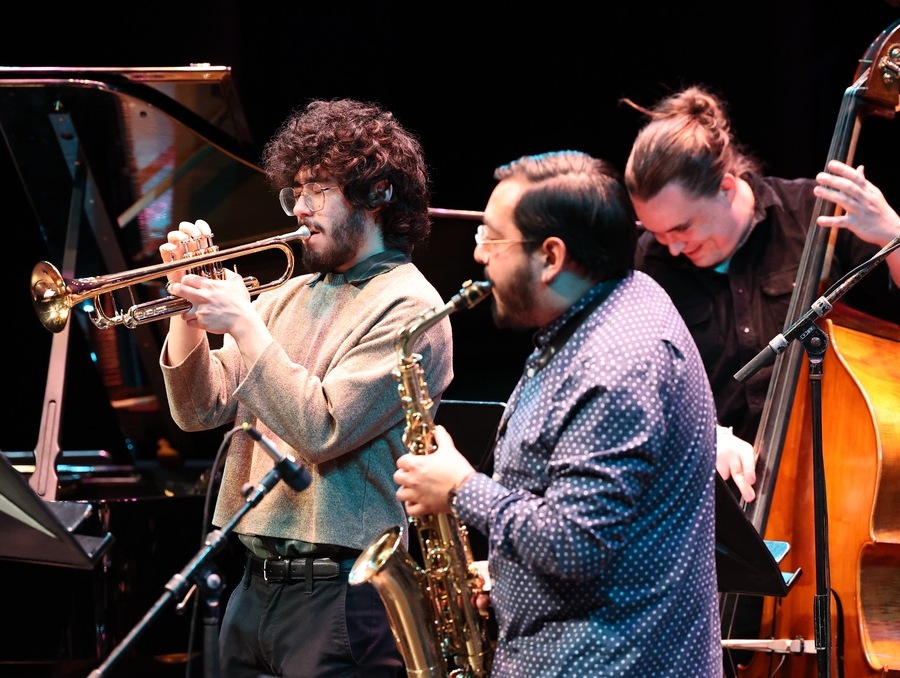Heavily used charging stations for electric vehicles get a lot of attention on the University of Nevada, Reno campus.
But the charging stations in the Brian J. Whalen and the West Stadium Parking Complexes are only one part of a wide-ranging effort by University officials to reduce traffic and vehicle-related air pollution.
The University community is getting the message.
A study during the 2013-2014 academic year found that only 34 percent of students drove alone to get to the campus. The other two-thirds walked, rode bicycles, carpooled or used alternative forms of transit such as buses and shuttles.
More than 17 percent of the University's faculty members, meanwhile, weren't driving alone but had chosen alternatives for their journeys to the campus.
Michelle Horton, manager of Parking Services, explained, "The more Transportation Demand Management programs that are offered to the campus community may decrease the drive-alone rate to campus and possibly postpone the construction of high-priced parking structures."
The University employs a portfolio of strategies to encourage students, faculty and staff to use alternatives to the one-person car:
- About 50 parking spaces are reserved for carpooling commuters, and the "Alternate Transportation" page on the University's website, unr.edu/parking, provides a link to a service that helps potential carpoolers find one another.
- Approximately 150 students have opted to purchase the Wolf Pass, which provides unlimited use of Regional Transportation Commission buses in the region. Cost is $230 a year, or $300 for a pass that includes service to Carson City. The cost of the Wolf Pass, which is subsidized by University parking revenues, is less than a third of the cost of traditional monthly unlimited-ride passes on the transit system.
- RTC's Sierra Spirit service, meanwhile, travels the Virginia Street corridor along the campus, linking the University to downtown Reno for a 25-cent fare.
- The University's own "PackTransit" service, launched just this summer, provides routes down the east and west sides of the campus. The routes are designed to further reduce vehicle traffic and improve pedestrian safety in the heart of the campus.
- The Associated Students of the University of Nevada's 31-year-old Campus Escort program offers a fixed-routed evening shuttle, request-based rides and a weekend retail shopping shuttle.
- Residents of two big apartment complexes just east of the campus - The Highlands and The Republic - are strongly encouraged to use shuttle services to get to campus.
- More than 700 members of the campus community have registered their bicycles and are using one of more than 100 bicycle-parking areas around the campus. Registration of bicycles is free. At each of the new residence halls on campus, the Nevada Living Learning Center and Peavine Hall, there is a secured bicycle storage room for approximately 50 bicycles. Student living in each of the halls can request a free bike pass through Residential Life, Housing & Food Service.
- A campus location of Hertz On Demand, an hourly auto rental service that serves drivers as young as 18, provides an option for students who occasionally need a car but don't want the cost and hassle of fulltime ownership of a vehicle.
- At the same time that it provides alternatives to the use of private vehicles, the University also supports the use of electric and low-emissions vehicles by students, faculty and staff.
Along with the charging stations for electric vehicles, the University also is providing designated parking spots reserved for low-emission vehicles.











